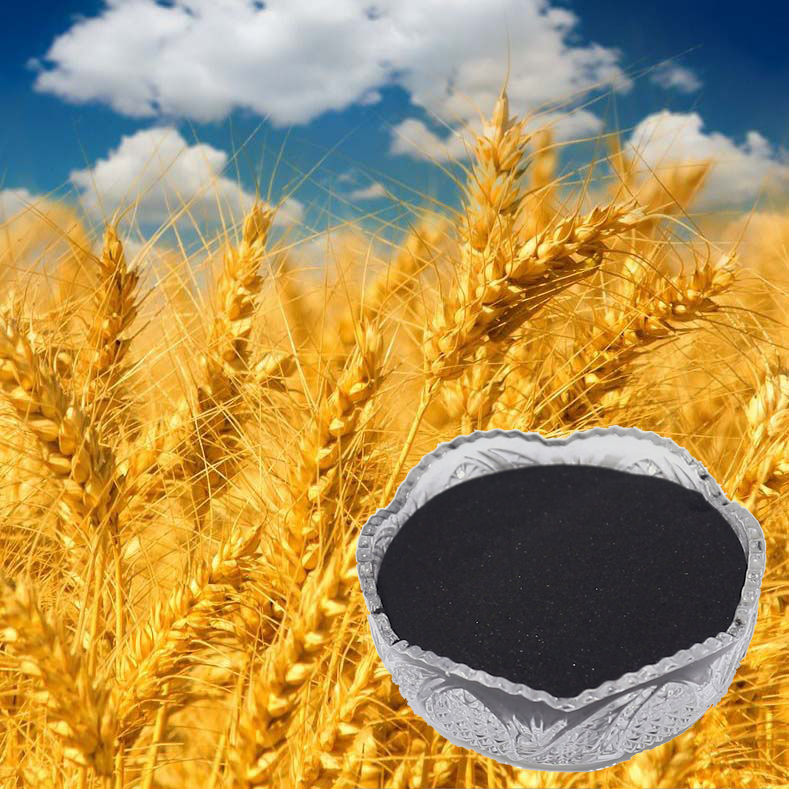
Oct . 15, 2024 09:04 Back to list
Organic High-Phosphorus Fertilizer Production Facility for Sustainable Agriculture Solutions
The Rise of Organic High Phosphorus Fertilizer Factories A Sustainable Solution for Agriculture
As agricultural practices evolve to meet the demands of a growing global population, the focus on sustainability and eco-friendliness has become paramount. One significant trend in this movement is the establishment of organic high phosphorus fertilizer factories. These facilities are not only changing the way we think about fertilizers but also promoting healthier soil, crops, and ecosystems.
Understanding Phosphorus in Agriculture
Phosphorus is one of the essential macronutrients required for plant growth, playing a crucial role in energy transfer, photosynthesis, and nutrient movement within the plant. It is a key component of DNA and RNA, making it vital for plant reproduction and growth. Traditionally, phosphorus has been supplied through synthetic fertilizers, which can lead to soil degradation, water pollution, and dependence on non-renewable resources.
In recent years, there has been a marked shift towards organic fertilizers, particularly those rich in phosphorus. Organic high phosphorus fertilizers are derived from natural sources, such as animal manures, fish by-products, bone meal, and various plant materials. These fertilizers not only provide the necessary nutrients but also improve soil structure, promote microbial activity, and enhance water retention, making them an indispensable component of sustainable agriculture.
The Role of Organic High Phosphorus Fertilizer Factories
The establishment of organic high phosphorus fertilizer factories is a response to the increasing demand for sustainable agricultural inputs
. These facilities are designed to process organic waste materials and convert them into nutrient-rich fertilizers through various methods, such as composting, fermentation, and extraction.One of the primary benefits of these factories is their ability to recycle agricultural and food waste, transforming what would be considered waste into valuable resources. This not only reduces waste going to landfills but also minimizes the environmental impact associated with conventional phosphorus mining and synthetic fertilizer production.
Additionally, these factories contribute to local economies by creating jobs in manufacturing, research, and development. They provide farmers with locally sourced, organic fertilizers, reducing dependency on imported chemical fertilizers and fostering a more resilient agricultural system.
organic high phosphorus fertilizer factory

Enhancing Soil Health and Crop Yields
Organic high phosphorus fertilizers are particularly effective in enhancing soil health. Unlike synthetic fertilizers, which can leach away or cause nutrient imbalances, organic fertilizers release nutrients slowly, allowing for better absorption by plants. This slow-release mechanism ensures a steady supply of phosphorus and other nutrients over time, which is critical for maintaining robust plant health and maximizing crop yields.
Moreover, the use of organic fertilizers fosters a diverse and thriving soil microbiome. Healthy soils are rich in beneficial microorganisms that aid in nutrient cycling, disease suppression, and organic matter decomposition. This biodiversity not only improves plant health but also enhances the resilience of the agricultural ecosystem against pests and diseases.
Challenges and Prospects
Despite the myriad benefits of organic high phosphorus fertilizers, there are challenges to their widespread adoption. Education and awareness among farmers about the advantages of organic fertilizers over synthetic options are crucial. Many farmers remain hesitant, primarily due to misconceptions about their effectiveness or concerns about price and availability.
Additionally, scaling up production and ensuring consistent quality in organic fertilizers can be challenging. It is essential for factories to adhere to strict quality control measures to build trust among farmers and promote the long-term use of organic fertilizers.
Conclusion
The emergence of organic high phosphorus fertilizer factories represents a significant step toward a more sustainable agricultural future. By recycling waste materials into valuable fertilizers, these facilities not only enhance crop yields but also promote healthier soils and ecosystems. As the agricultural sector continues to grapple with the challenges of climate change and resource depletion, investing in organic high phosphorus fertilizers will play a crucial role in achieving food security and environmental sustainability. It is a testament to the power of innovation in addressing some of the most pressing issues faced by modern agriculture today.
-
Premium 10 10 10 Fertilizer Organic for Balanced Plant Growth
NewsJul.29,2025
-
Premium 10 10 10 Fertilizer Organic for Balanced Plant Growth
NewsJul.29,2025
-
50 Pound Bags of 13-13-13 Fertilizer for All Plants – Bulk & Organic Options
NewsJul.28,2025
-
High-Efficiency 15-30-15 Granular Fertilizer for Healthy Crops
NewsJul.28,2025
-
15-30-15 Granular Fertilizer for Optimal Crop & Lawn Growth
NewsJul.27,2025
-
Premium 10 10 10 Water Soluble Fertilizer for Fast Plant Growth
NewsJul.26,2025
